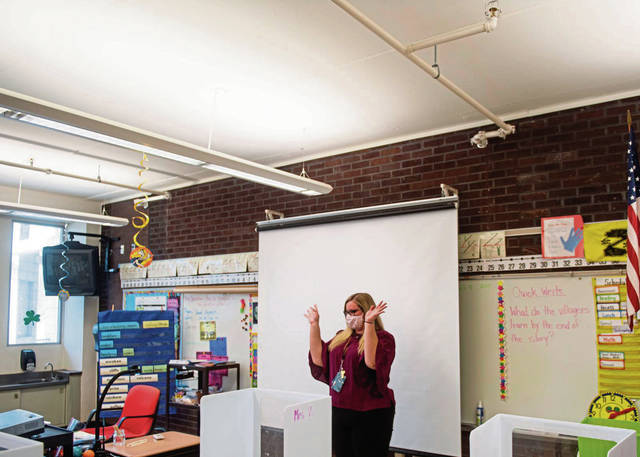The covid-19 pandemic isn’t just a historic public health crisis. It’s an economic and mental health crisis unlike anything in recent memory.
Millions of people have lost their jobs. Americans of all ages are reporting elevated levels of depression, anxiety, substance abuse, even suicidal ideation.
Sadly, there is no vaccine for the naturally reverberating consequences of this crisis. But that doesn’t mean we’re helpless against them.
Social workers have played an indispensable role in helping people deal with the pandemic’s most devastating outcomes. Their efforts will be just as crucial in the months and years ahead as we transition into a post-covid world.
The pandemic’s impact on our collective mental health has been staggering, especially due to social isolation and loss. More than 4 in ten adults now report symptoms of anxiety and depression. Drug overdoses have surged. And an increase in domestic violence has been a terrible consequence of orders for people to stay at home.
Thankfully, a robust vaccination campaign is likely to stamp out the virus, hopefully sometime this year. But the other challenges raised and exacerbated by the pandemic will remain long after we achieve herd immunity.
That’s where America’s more than 700,000 social workers come in. They are serving our most vulnerable on the front lines of the pandemic.
Consider those who specialize in mental and behavioral health. During the pandemic, they’ve treated many of their patients remotely via telehealth. They’ve also been key providers of care and crisis response in hospitals and other health care settings.
Social workers have been instrumental in caring for those who experienced collateral damage in the wake of the pandemic, too. As specialists in social care, they’ve helped homeless Americans find housing, laid-off workers apply for unemployment benefits, children and families find stability, and low-income individuals connect with food banks and community centers.
In other words, social workers have been every bit as essential as other health care professionals during the pandemic. They’ve put their own health at risk responding to the crisis in hospitals, rehab centers, homeless shelters and elsewhere.
It’s time for public officials to recognize and support their work. They can start by alleviating social workers’ financial burdens. Social workers with advanced degrees often leave graduate school with some $66,000 in debt. It’s difficult to pay those loans back on an average starting salary of around $50,000. Federal funding for student-loan debt relief and forgiveness can provide much-needed support.
Fortunately, social workers in Congress are championing legislation to promote adequate compensation. Sen. Debbie Stabenow, D-Mich., a social worker, and Sen. John Barrasso, R-Wyo., have co-sponsored legislation that would increase reimbursement rates for clinical social workers.
Securing a safer working environment for social workers should be a top priority, too. Social workers are five times more likely to suffer an injury in the workplace than people in other industries. Legislation led by social worker Sen. Kyrsten Sinema, D-Ariz., that funds the implementation of workplace safety measures could help protect these workers, even in the most dangerous settings.
The societal consequences of covid-19 will outlast the virus itself — and could prove even more deadly in the long run. Social workers can help prevent that from happening. But they need the country’s support to do so.
Angelo McClain is CEO of the National Association of Social Workers (socialworkers.org) and a licensed independent clinical social worker.








